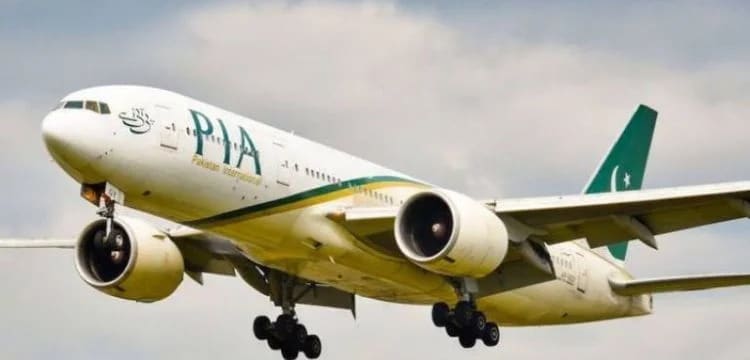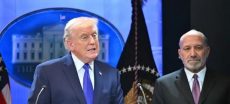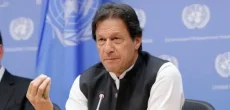[vc_row][vc_column][vc_column_text dp_text_size=”size-4″]Faisal Karim Kundi, the Secretary Information of the Pakistan Peoples Party (PPP), has declared that the party will not lend support to the imminent government’s endeavor to privatize Pakistan International Airlines (PIA). Kundi clarified that the PPP’s backing for the Pakistan Muslim League-Nawaz (PML-N) in parliament would be contingent upon specific issues, emphasizing that the party is not set to become part of the federal cabinet.
Expressing opposition to the privatization of the national carrier, Kundi asserted that the PPP would not endorse the fast-tracking of PIA’s privatization under the leadership of Shehbaz Sharif and the PML-N government. This stance signals potential challenges for economists who have been diligently working on the privatization plan and were awaiting the government’s finalization of the strategy.
Read more: PIA Regains Aircraft From Indonesia After Successful Talks.
The caretaker regime, recognizing PIA as a loss-making entity, had taken the decisive step to privatize it. Engaging a financial adviser, the government received a detailed sell-off plan. The adviser, after extensive consultations with relevant stakeholders, submitted a comprehensive proposal encompassing an investment roadmap and immediate funding requirements for PIA to enhance its global competitiveness.
While specific details of the sell-off plan are yet to be disclosed, it is reported to address the short- and medium-term capital and fleet needs of PIA. Notably, the Privatisation Commission board had earlier approved new rules facilitating the sale of state-owned enterprises through direct negotiations to foreign nations, setting minimum prices through a competitive process.
The Privatisation Commission (Government to Government Agreement Mode – Manner and Procedure) Rules, 2023, were greenlit by the board, streamlining procedural requirements for selling entities. This development is expected to expedite the privatization process, which has been in progress for months.
PIA, grappling with estimated annual losses of Rs153 billion, has been a subject of discussion regarding its privatization, especially during the previous regime. The move to hire a financial adviser and promulgate the Privatisation Ordinance, circumventing potential legal hurdles, reflects the determination to divest the entity that has strained the national exchequer. PIA has faced challenges, including account freezes by the Federal Board of Revenue and refusal of oil supply by Pakistan State Oil, contributing to its financial predicament. The privatization discourse surrounding PIA remains a contentious issue, with the PPP’s stance adding another layer of complexity to the ongoing efforts to revitalize the national carrier.[/vc_column_text][/vc_column][/vc_row]











